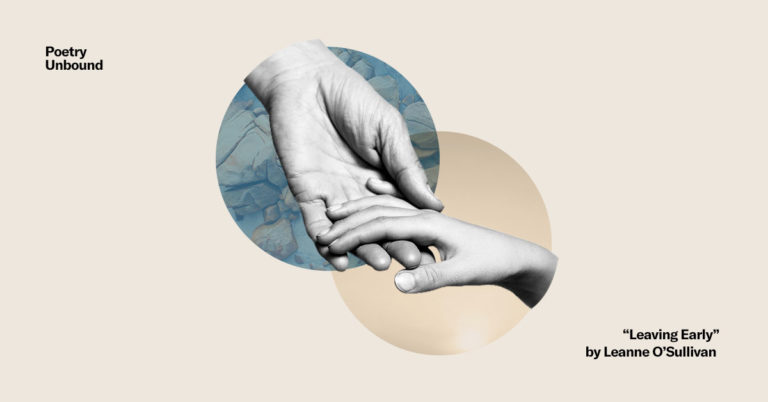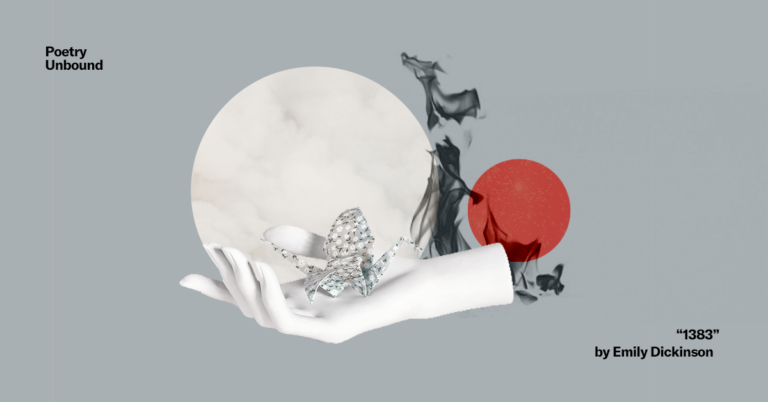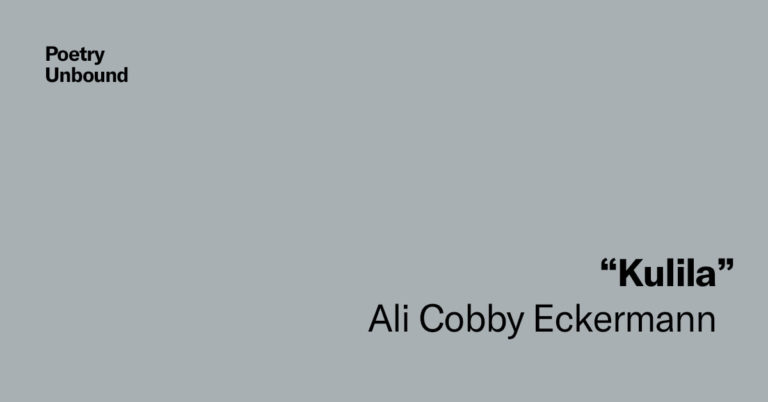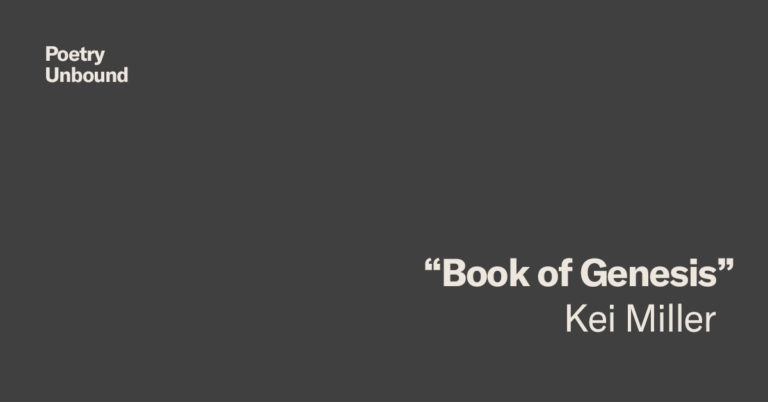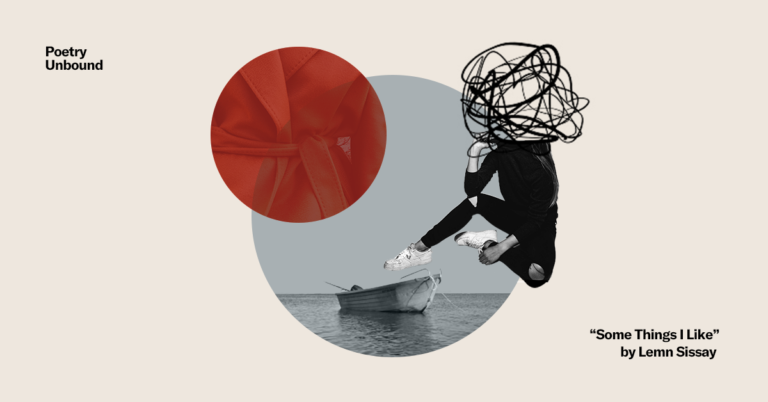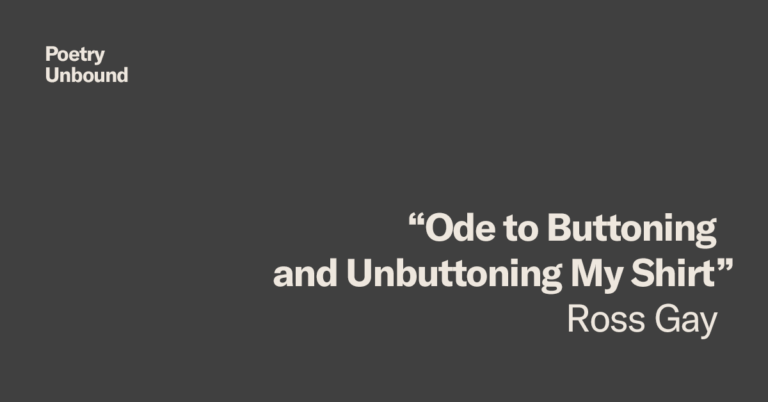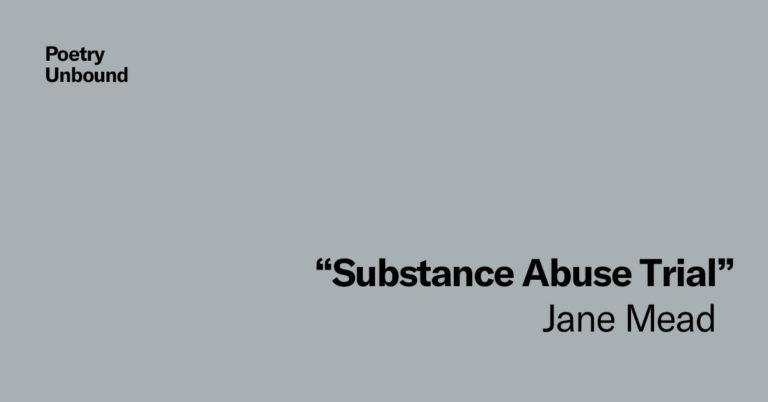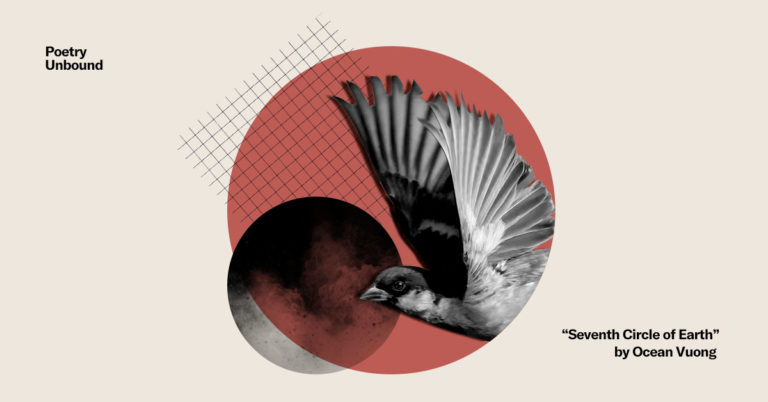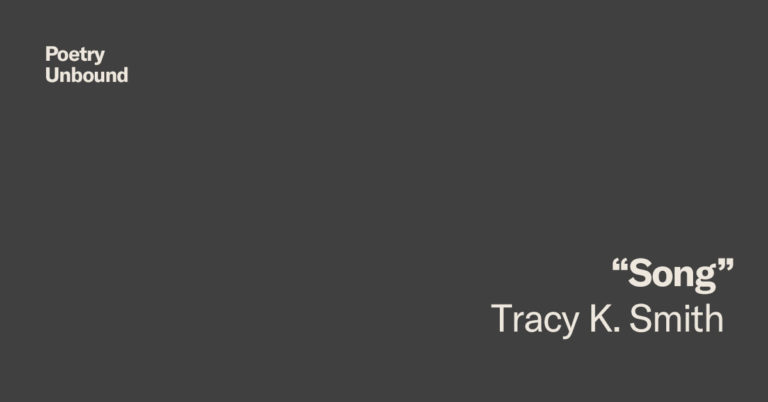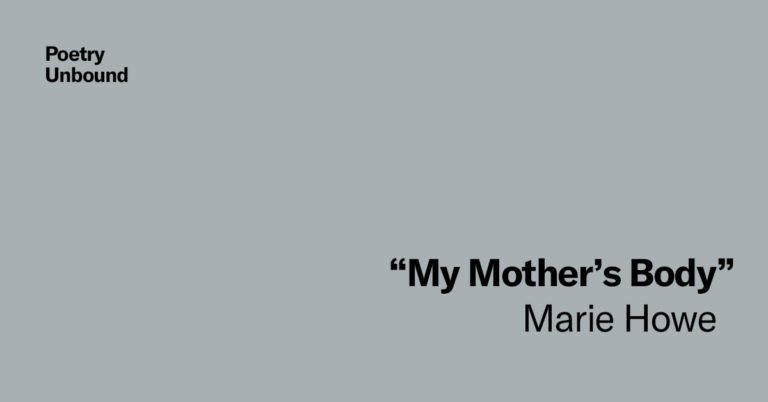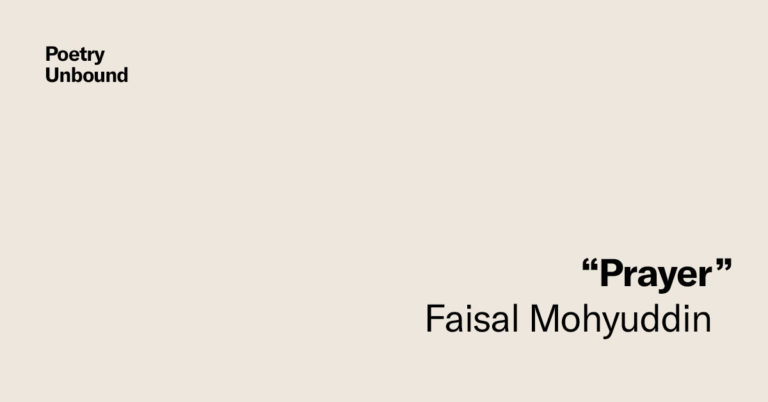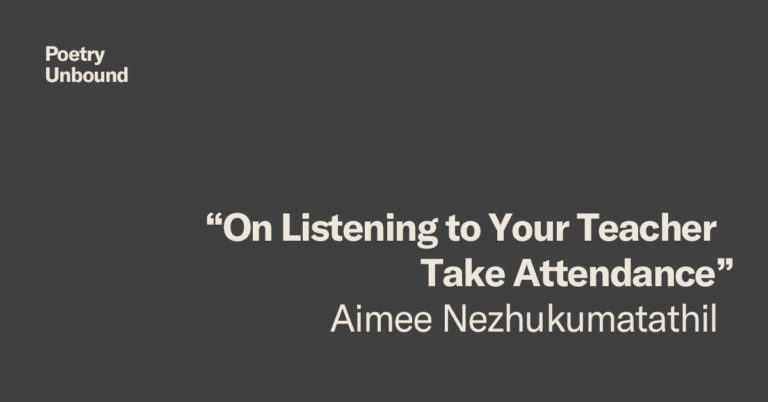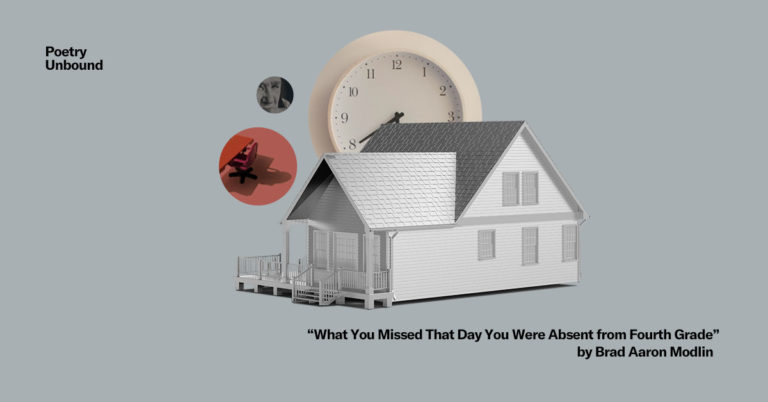April 3, 2020
Leanne O'Sullivan
Leaving Early
In Leanne O’Sullivan’s poem “Leaving Early,” the poet writes to her ill husband, entrusting him into the care of a nurse named Fionnuala. As the novel coronavirus sweeps the globe, many of us can’t physically be there for loved ones who are sick. Instead, it is the health care workers — and all involved in the health care system — who are tirelessly present, caring for others in spite of exhaustion and the risk it brings to their own wellbeing.
We offer this episode of Poetry Unbound in profound gratitude toward all who are working in health care right now.






